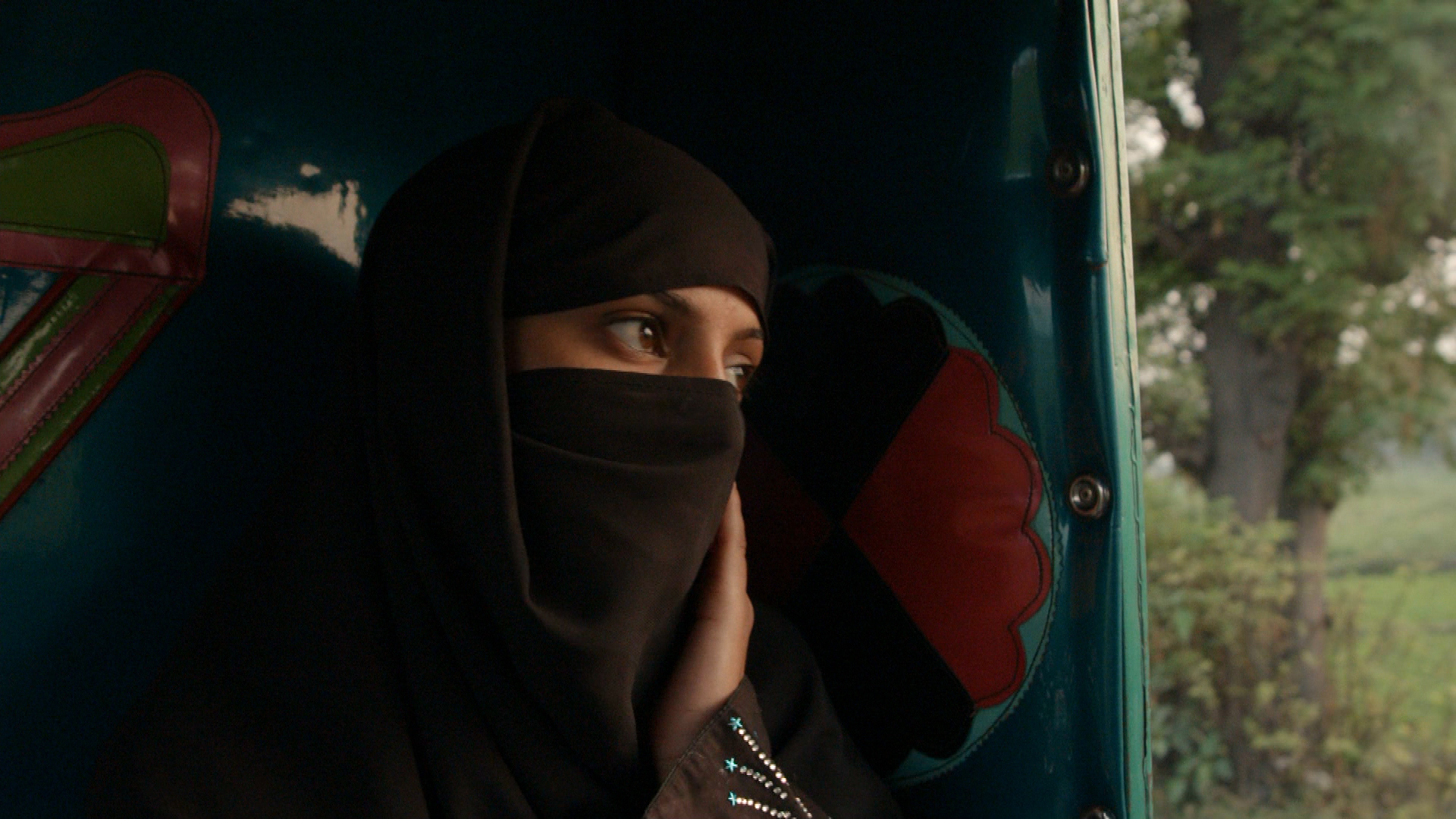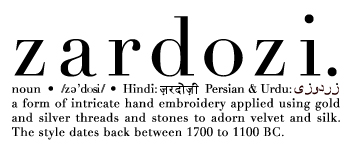
Two time Oscar winner Sharmeen Obaid Chinoy’s goal is not to seek fame and fortune. Her dream is to see the women in her country, Pakistan, to not fear being attacked or worse, killed out of honour.
Obaid-Chinoy’s way of spreading the message to battle these crimes is through her films.
“I wanted to tell the story of a victim of honour killing because I wanted to start a national discourse about this issue and build momentum to garner support for key legislation,” says Obaid-Chinoy.
The 37-year-old filmmaker won best short subject documentary film of the year for the film, A Girl in the River: The Price of Forgiveness, which highlights honour killings in Pakistan. In 2012 she won the Oscar for her film Saving Face about acid attack victims.
Her current film follows an 18-year-old named Saba who was shot by relatives and then dumped into a river for marrying a man she loved. Saba survived and her father and uncle were brought to trial. Because the law in Pakistan allows for attackers to walk away if they are forgiven by the victim’s family or in this case, the victim, Saba’s uncle and father were not punished for their crimes.

“So when a father kills his daughter, his wife can forgive him and when a brother kills his sister, his parents can forgive him,” says Obaid Chinoy.
Pakistan’s Prime Minister Nawaz Sharif has said he will work to change the laws surrounding honour killings, so that perpetrators will be held accountable.
“We are determined to push all stakeholders to pass the Anti-Honor Killings Laws in the Parliament,” says Obaid-Chinoy. “This would right a long-standing wrong in the Pakistani society and ensure that perpetrators are punished and victims are protected.”
She says although sometimes the killings are reported in the newspapers, they are often justified with statements like “the girl was killed because she ran away from home” or because “she fell in love” or because “she wanted a divorce.”
“I wanted to tell the story of a victim of honour killing because I wanted to start a national discourse about this issue and build momentum to garner support for key legislation.”
According to the United Nations there are over 5,000 cases of honour killings reported annually worldwide, with many more going unreported. And although they are more common in India and Pakistan, they also happen in Great Britain and North America.
In Canada, Mohammad Shafia, his wife Tooba and their son Hamed, were found guilty of first-degree murder in the 2009 drowning of their daughters, sisters, Zainab, Sahar and Geeti and Shafia’s first spouse, Rona Amir Mohammad in a case that was described as honour killings.
“There are hundreds and thousands of women across the globe who are living a life of constant threat and suffering,”says Obaid Chinoy. “The perpetrators know that they will only serve a few years in jail if they are found guilty.”
For more information about Sharmeen Obaid-Chinoy and all her films visit http://sharmeenobaidfilms.com.

